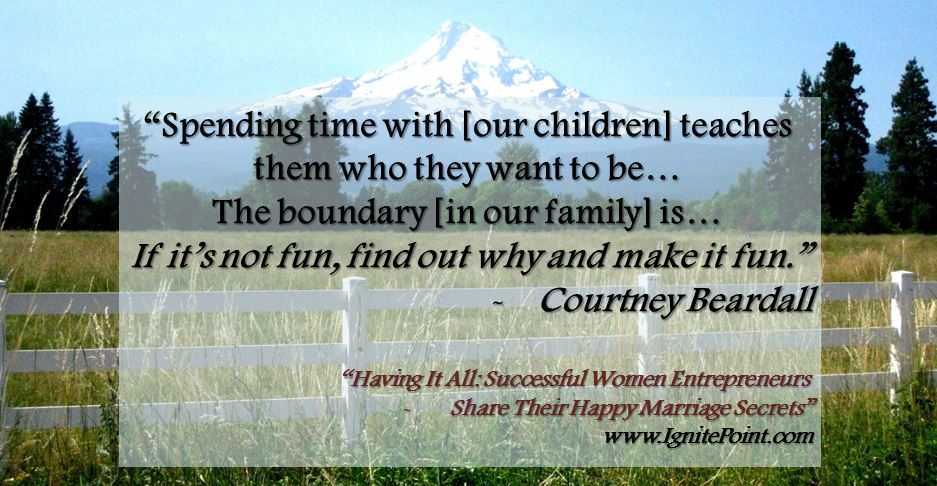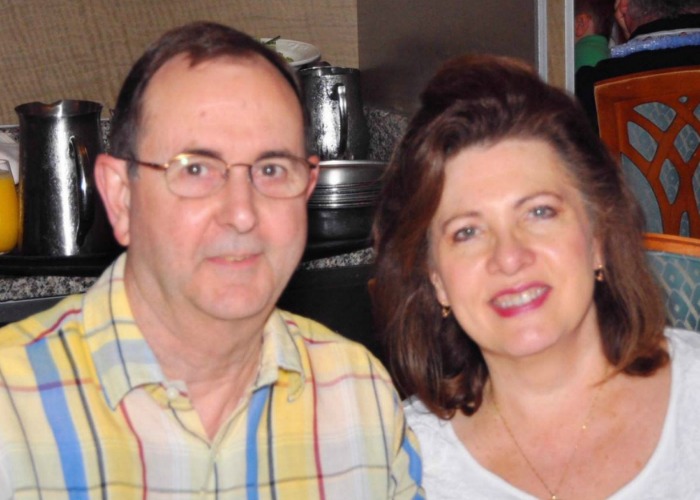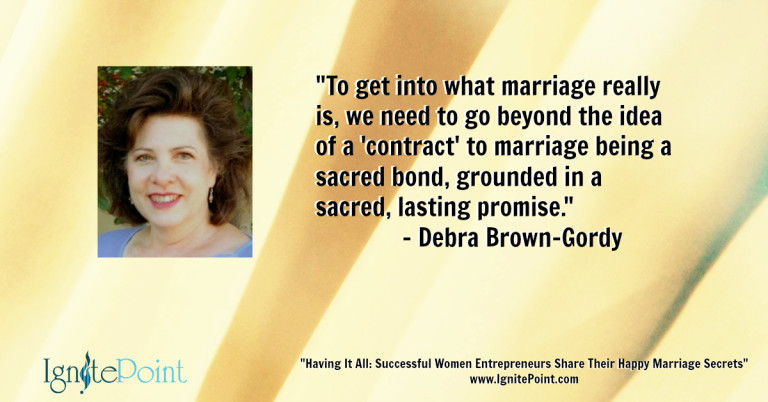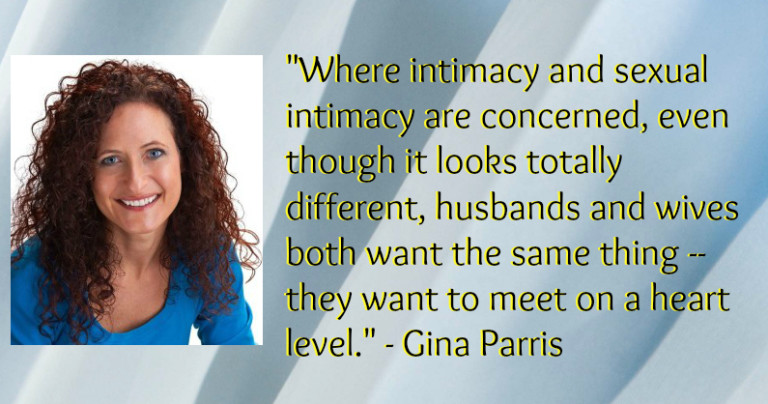How to Become a Compassionate Listener
It is difficult to become a good, compassionate listener who both validates the pain of the other while maintaining the ability to look at themselves. Each person must listen compassionately to themselves and each other.
Within many relationships, rather than engaging in compassionate listening, many couples polarize. One partner is the voice of reason, the head, while the other partner is the voice of emotion, the heart. These patterns often create communication problems, which hardly begins to touch on the angst that can be felt between couples.
While listening with both our hearts and our heads is valuable, neither is complete by itself because listening with both makes one complete person. Someone who uses just their head while listening is using their intellect and knowledge, and when used individually, without the hearts part, it can be cold and indifferent. When listening with just the heart compassion turns into confused feelings.
A compassionate listener is someone who listens with both their head and their heart.
Here are traits of a compassionate listener:
- They are committed to listening.
- They have the intention of understanding, as deeply as possible, the message and concerns of their partner.
- They seek to understand the reality of another through both compassion and understanding.
- They refrain from verbal and nonverbal judgments.
- They are physically and mentally ready to listen.
- They validate their understanding of the other`s reality before expressing their opinion.
- They create a balance between their head and their heart.
- They remain present and are in the here and now.
- They are open to new learning experiences about their own behaviors.
- They self-evaluate and can laugh at themselves
- They are able to respectfully dialogue with a conflict
- They focus on becoming better instead of bitter.
 Author, Dr. Linda Miles, is deeply committed to helping individuals and couples achieve rewarding relationships. She is an expert with a doctorate in Counseling Psychology and has worked in the mental health field for over thirty years. She has been interviewed extensively on radio, TV, and in newspapers and magazines. Find more relationship ideas and relaxation techniques on her website and in the award-winning book she co-authored, The New Marriage: Transcending the Happily-Ever-After Myth, and Train Your Brain: For Successful Relationships, CD. She has a new book entitled, Change Your Story, Change Your Brain.
Author, Dr. Linda Miles, is deeply committed to helping individuals and couples achieve rewarding relationships. She is an expert with a doctorate in Counseling Psychology and has worked in the mental health field for over thirty years. She has been interviewed extensively on radio, TV, and in newspapers and magazines. Find more relationship ideas and relaxation techniques on her website and in the award-winning book she co-authored, The New Marriage: Transcending the Happily-Ever-After Myth, and Train Your Brain: For Successful Relationships, CD. She has a new book entitled, Change Your Story, Change Your Brain.



